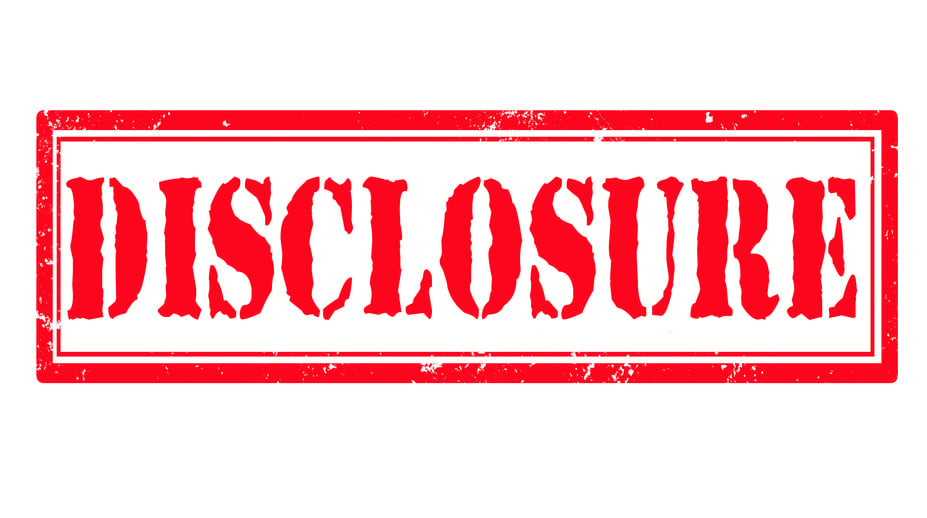Prosecutors and regulatory agencies in the U.S. and elsewhere have long set expectations that, in order to maximize the prospect of receiving full cooperation credit (including any associated reduction in monetary penalties), the voluntary disclosure of corporate and/or individual wrongdoing must be made timely, genuinely, and in good faith. Several recent enforcement developments highlight the benefits that may be achieved by companies making such disclosures, while also underscoring the potential risks and loss of goodwill that can result from half-hearted or disingenuous disclosures that, for example, only present favorable evidence to authorities in a one-sided attempt to support or exonerate the company.
Introduction to Voluntary Disclosure
Several criminal and regulatory regimes, most notably in the U.S. under the Foreign Corrupt Practices Act (“FCPA”), and more recently in the U.K. under the Bribery Act and in Brazil with the Clean Company Act, seek to incentivize companies to voluntarily come forward to self-report potential violations of these laws by the company, its officers, employees, subsidiaries, or other affiliates. In each of these regimes there is no legal obligation for companies to disclose alleged criminal conduct and thereby incriminate themselves or their officers or employees. Any disclosure that is made in this way is therefore perceived as “voluntary.” Notwithstanding this, authorities have been keen to emphasize the benefits to companies of taking the step of voluntarily disclosing, with assurances of more lenient treatment, measurable reductions in penalty calculations, and even declinations.
Recent Examples of Voluntary Disclosure Credit
On October 27, 2014, the U.S. Securities and Exchange Commission (“SEC”) announced the settlement of FCPA charges brought against Layne Christensen, a global water management, construction, and drilling company headquartered in Texas. The charges resulted from the company having made improper payments to foreign officials in several African countries in order to obtain beneficial treatment and reductions in tax liability. Layne Christensen paid a total of over $5 million in fines, disgorgement, and pre-judgment interest to the SEC to settle the case. In its public statements announcing the settlement with Layne Christensen, the SEC effusively praised the company’s decision to voluntary disclose the misconduct and the company’s extensive cooperation with the resulting investigation: “Layne self-reported its violations, cooperated fully with our investigation, and revamped its FCPA compliance program. Those measures were credited in determining the appropriate remedy.” Moreover, the U.S. Department of Justice (“DOJ”) declined to prosecute Layne Christensen altogether, due (at least in part) to the company’s decision to self-report and its exemplary cooperation and compliance program remediation. The non-prosecution agreements Ralph Lauren secured from DOJ and SEC in April 2013 and the decision by both authorities to decline enforcement against Morgan Stanley in April 2012 are oft-cited as the benchmark cases for the benefits of corporate voluntary disclosure and cooperation in U.S. FCPA matters. The Resource Guide to the FCPA, issued jointly by the DOJ and the SEC in November 2012, reiterates this approach, explaining that “both DOJ and SEC place a high premium on self-reporting, along with cooperation and remedial efforts, in determining the appropriate resolution of FCPA matters.”
Learning from Misguided Disclosure Practices
Instructively, DOJ and SEC have not hesitated to offer criticism of several companies (which later became the target of derivative class action securities lawsuits) as a result of the manner in which they have handled internal investigations and disclosures of potentially illegal conduct. Practices that have led to such censure include:
- Disclosures made only as a result of press reports about alleged corrupt conduct;
- Deliberate corporate concealment following discovery and an internal investigation; and
- Manipulation of the findings of an internal investigation so as to mislead the disclosure authorities about the comprehensiveness of an internal review or the significance of the findings.
An informed decision by a company not to disclose potential misconduct is one thing, but when a company deliberately alters, conceals, or diminishes information submitted to an authority it is likely to vitiate any credit gained by self-reporting in the first place, and potentially create additional liability (possibly criminal) further to the underlying offense that was the subject of the disclosure.
The U.K.’s Perspective
Assessing potential voluntary disclosure credit in the U.K. under the regime introduced in parallel to the U.K. Bribery Act in July 2011 is somewhat theoretical at this point, as no corporate matters have been prosecuted under the Act (from a voluntary disclosure or otherwise). However, a civil settlement resulted from a voluntary disclosure in Scotland under legislation predating the Bribery Act. This matter involved the Abbot Group, which in November 2012, submitted to a £5.6 million ($8.4 million) civil recovery settlement, connected to bribes allegedly paid by an unnamed foreign subsidiary abroad. Few additional details have been issued in connection with the case, its settlement, or any account taken of the disclosure. However, in commenting on the case, Ruaraidh Macniven, Head of the Crown Office’s Civil Recovery Unit in Scotland, which brought the case, noted that “[the self-reporting] initiative enables responsible businesses to draw a line under previous conduct and, providing the criteria are met, affords the possibility of a civil settlement. Self-reporting is an important way to ensure that corruption is exposed and that companies put in place effective systems to prevent it.” Notwithstanding the limited enforcement activity under the Bribery Act, the U.K. Serious Fraud Office (“SFO”) has published guidance on voluntary disclosures, which makes clear that credit will only be given where a disclosure is made in good faith and transparently: [F]or a self-report to be taken into consideration as a public interest factor tending against prosecution, it must form part of a “genuinely proactive approach adopted by the corporate management team when the offending is brought to their notice.” Self-reporting is no guarantee that a prosecution will not follow. Each case will turn on its own facts. David Green, the director of the SFO, recently shared his thoughts with The Times newspaper in London, revealing his concerns about the potential motivations for companies (and their advisors) in making disclosures. Green cautioned that the SFO would be skeptical in receiving reports that sought to “minimise the problem” or exonerate the subject company from wrongdoing. In such instances Green explained that the SFO “will never take a report at face value and will drill down into its evidence and conclusions.”
Conclusion
After carefully weighing the business costs and legal risks against the potential benefits, a voluntary disclosure can yield positive results for companies confronting potential civil or criminal misconduct in the U.S., the U.K., and in other countries. The benefits of self-reporting can take the form of cooperation credit, leniency, reduced penalties, and sometimes declinations. In contemplating whether, when, and how to self-report potentially illegal conduct, however, companies should be wary of the potential pitfalls of making the disclosure in a manner inconsistent with the expectations of the relevant government authorities. Indeed, once a voluntary disclosure has been made, authorities will closely examine the accuracy, transparency, and motives behind it before considering (and ultimately granting) any of the aforementioned benefits. By John P. Cunningham and Geoff Martin (Baker & McKenzie, Washington DC)



